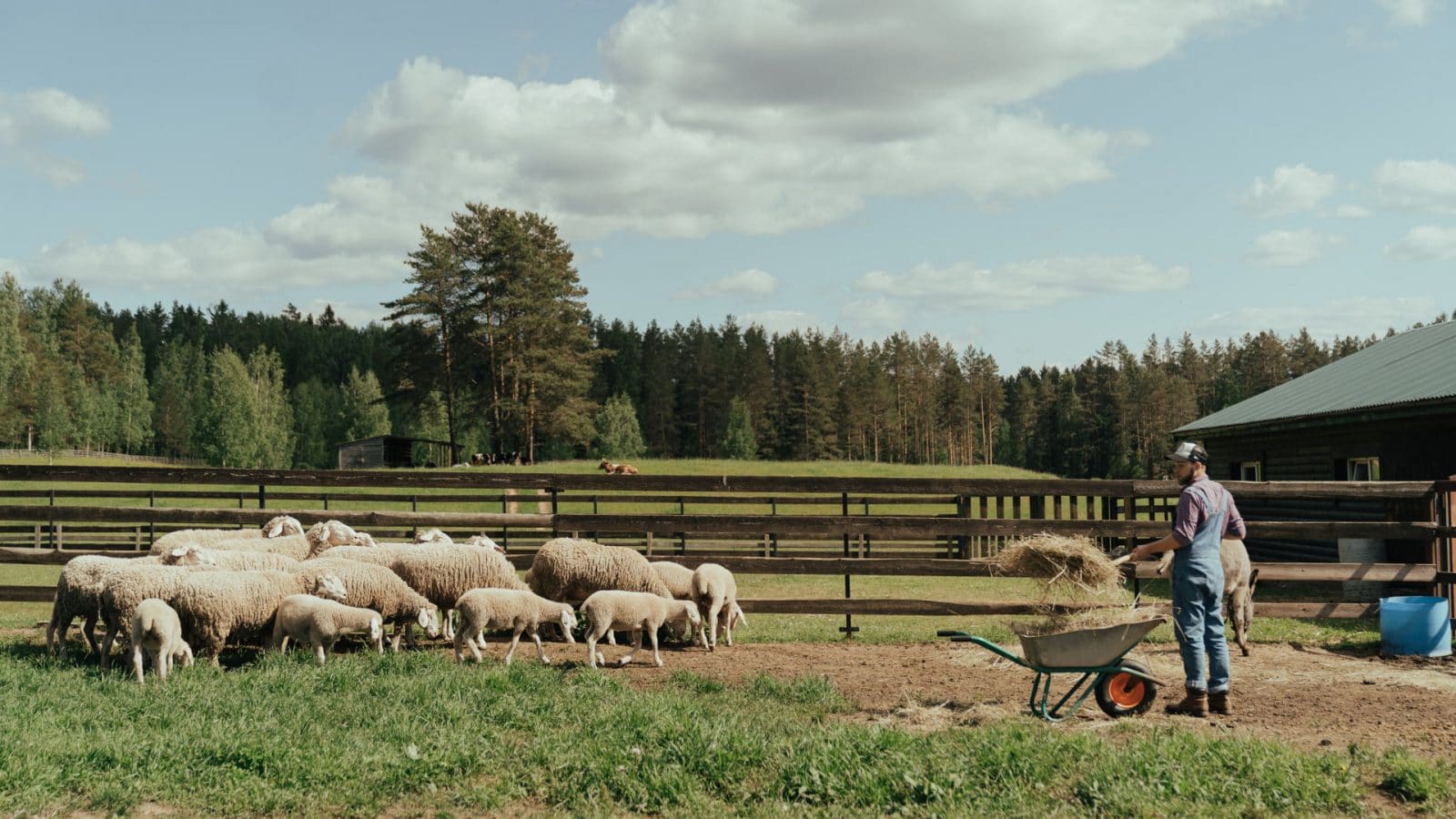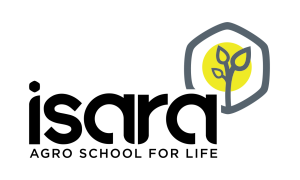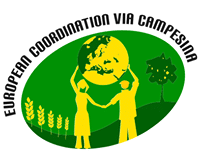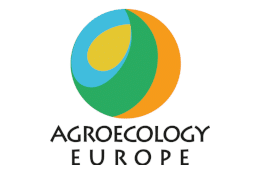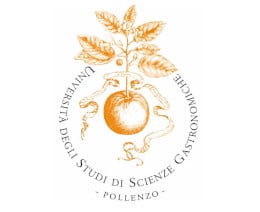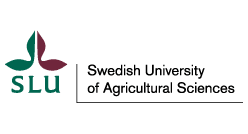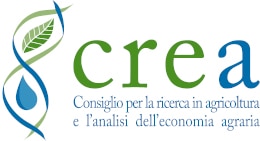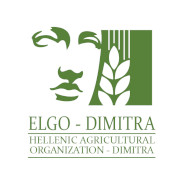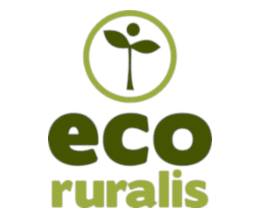European Coordination Via Campesina (ECVC)[1] as one of the partners of the AE4EU project has developed three training programmes for agroecology with the support of Toekomstboeren[2] in the Netherlands, Land Workers’ Alliance (LWA)[3] in the UK and FADEAR[4]/ ‘Initiatives Paysannes’ in France based on the identified training needs and by bringing together the experiences in different countries. All three trainings have received funding from H2020 “Agroecology for Europe” project.
Trainings were designed to reflect the Nyeleni Declaration on learning in agroecology and also the vision of ECVC of Peasant agroecology[5]. Peasant agroecology is rooted in traditional farmers’ knowledge and has contributed since the beginning of agricultural practices to better understand the relationship between food production and the surrounding ecosystems: agriculture is fully integrated in ‘the territory’ which includes the environmental but also social and cultural dimension. Peasant agroecology respects diverse and regional knowledge based on horizontality and justice principles combined with scientific knowledge. It relies on farmer-to-farmer, intergenerational, and experiential learning processes and legitimizes the role of emotions and feelings in agricultural practices[6].
Peasant farmers, agricultural workers, and other rural peoples are recovering their land and territories and preserving their culture and way of life daily. Those who are committed to defending the Earth and feeding people, who carry out or desire to carry out peasant agroecological farming are the key actors constructing food sovereignty. Peasant farmers are considered the main stakeholders who potentially will participate in future training programmes on agroecological transitions. We hope these guidelines on peasant agroecology trainings will encourage and make the path easier for peasant farmers organising agroecology training programmes focused on fostering the agroecological transition, and contribute to their advocacy effort for furthering peasant agroecology and small-scale agroecological farms.
The training guidelines are now available on Zenodo in six languages (Spanish, English, French, Dutch, German, and Turkish)!

PEASANT AGROECOLOGY TRAINING GUIDELINES FOR AN AGROECOLOGICAL TRANSITION
ECVC member organisations developed and carried out three training programmes in order to foster the agroecological transition in Europe during the AE4EU project. The training programmes were designed to reflect the vision of peasant agroecology[1] and the Nyéléni Declaration of the International Forum for Agroecology’s (2015)[2] vision on learning agroecology.
The guidelines are based on the theoretical knowledge, practical experience and exchanges that should be included for efficient training on the transition to agroecology. Furthermore, the guidelines emphasise a strong focus on the grassroots level, Peasant to Peasant (P2P) methodology and the “diálogo de saberes” or “dialogue between ways of knowing” as an educational approach with different practical activities (meetings, seminars, individual reading, exchanges of experiences, field visits, etc.). The guidelines propose to use Peasant to Peasant (P2P) methodologies centring principles of horizontalism, peer-to-peer learning approach and participation.
–
[1] https://www.eaken.eurovia.org/peasant-agroecology-according-to-ecvc/
[2] https://www.foodsovereignty.org/wp-content/uploads/2023/10/Declaration-Agroecology-Nyeleni-2015_EN.pdf
TRAINING GUIDELINES
The training guidelines are available in 6 languages: English, Spanish, French, German, Dutch, and Turkish.
Download the training guidelines here:
–
–
–
–
–
–
